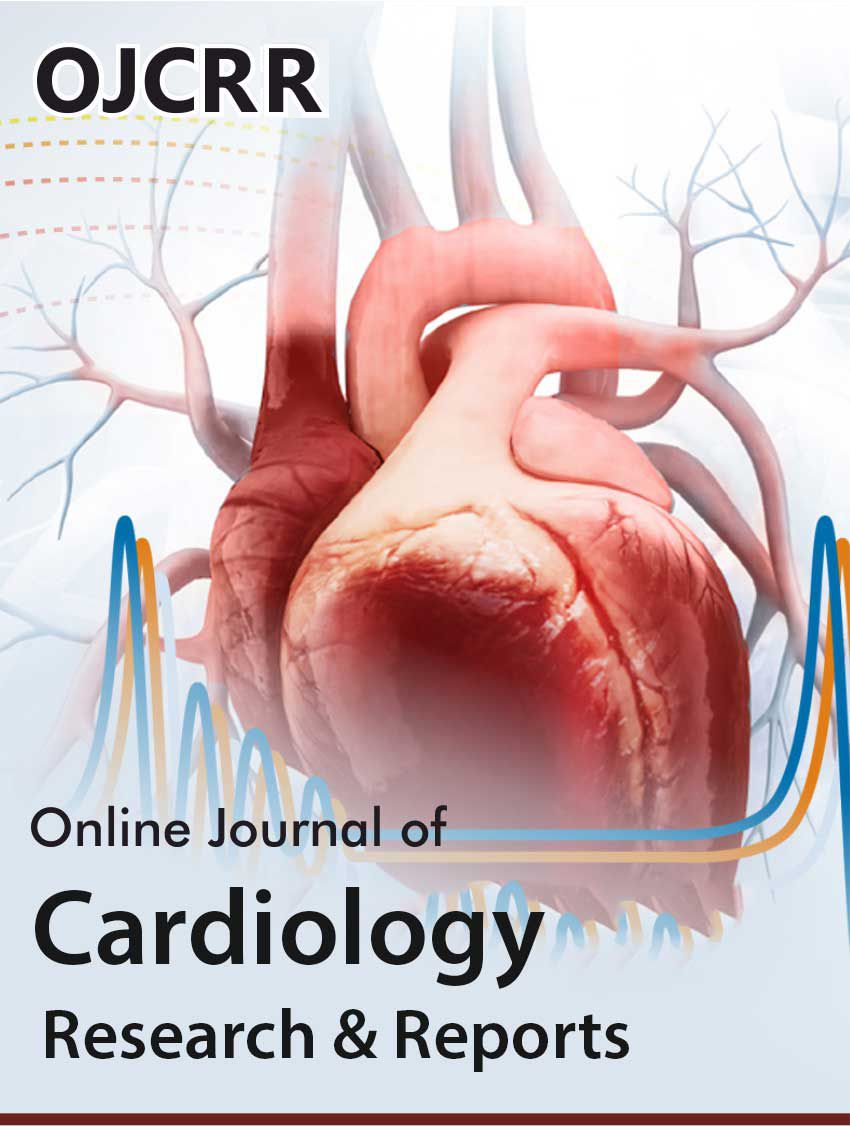 Mini Review
Mini Review
From Strict Glycemic Control to Improving Cardiovascular Outcomes: A Shift in the Management Strategies for Type 2 Diabetes
May Mak1*, Esther Im2 and Vladimir Kozhemyakin2
1Department of Pharmacy Practice, Chapman University, USA
2Department of Pharmacy Practice, Chapman University, USA
May Mak, Department of Pharmacy Practice, Chapman University, USA.
Received Date: April 21, 2020; Published Date: April 29, 2020
Abstract
Newer classes of agents targeted to enhance glycemic control have been the focus of attention for their demonstrated reduction of cardiovascular (CV) events. In the latest 2020 American Diabetes Association (ADA) Standards of Medical Care in Diabetes, specific recommendations are made regarding improvement of CV outcomes in patients with diabetes. For those patients with type 2 diabetes (T2DM) who have established atherosclerotic cardiovascular disease (ASCVD) or indicators of high-risk for CVD, established kidney disease, or heart failure (HF), a sodium-glucose cotransporter 2 inhibitor (SGLT2i) or glucagon-like peptide 1 receptor agonist (GLP-1 RA) with demonstrated CV benefits can be recommended as part of the regimen independent of glycosylated hemoglobin (HgbA1c) while considering patient-specific factors. In addition, for patients with T2DM who need to achieve better control than with existing oral medications, GLP-1 RAs are preferred to insulin, when feasible. Similar to the ADA recommendation, the 2020 Management Algorithm from American Association of Clinical Endocrinologists (AACE) & American College of Endocrinology (ACE) also suggests the addition of a GLP-1 RA or SGLT2i independent of glycemic control, if there is established ASCVD or high risk for CVD, chronic kidney disease (CKD), or reduced ejection heart failure.
This review aims to interpret the CV outcomes demonstrated for the SGLT2i and GLP-1 RA agents that currently have FDA approved indications for reduction of risk of major adverse cardiovascular events (MACE) in T2DM patients with established CVD or CV risks. The information in this article will suggest overlapping effects on the heart, kidney while achieving glycemic control.
-
May M, Esther I, Vladimir K. From Strict Glycemic Control to Improving Cardiovascular Outcomes: A Shift in the Management Strategies for Type 2 Diabetes. On J Cardio Res & Rep. 4(1): 2020. OJCRR.MS.ID.000577.





